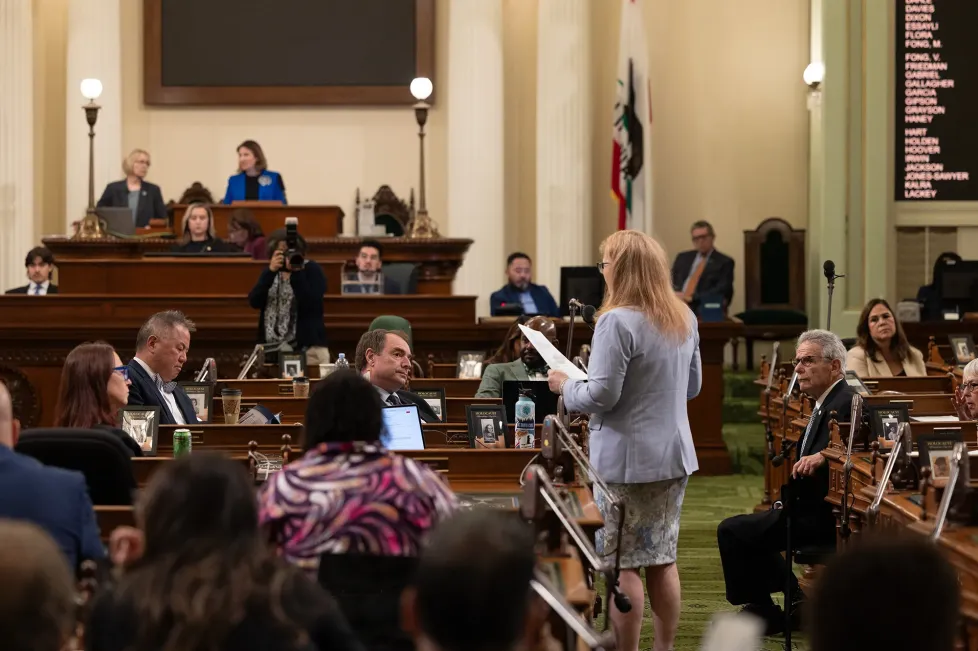In 2022, California passed a law aimed at reducing the influence of campaign contributions on local officials’ decisions. However, two years later, some lawmakers are pushing to weaken it, with support from developers and labor unions.
Senator Bill Dodd, a Napa Democrat, is leading the charge to loosen restrictions on campaign contributions from interest groups seeking favor from local officials. He argues that the current law unfairly restricts certain sectors from donating to candidates.
The proposed Senate Bill 1243 would increase the maximum contribution limit and exempt certain industries like labor unions and housing developers from the restrictions to prevent what’s known as “pay to play.”
Despite criticism from some lawmakers, the bill passed the Senate Elections Committee. However, it requires a two-thirds majority in both the Senate and Assembly to become law.
The 2022 law was introduced to address “pay-to-play” scandals, where officials received donations from contractors in exchange for favorable decisions. It restricts contributions from those with pending interests before officials and requires disclosure and recusal from officials who received such contributions.
Although the 2022 law faced a legal challenge, it was upheld in court. Now, business groups are lobbying lawmakers to change it.
Supporters of Dodd’s bill argue that the current law is impractical and could lead to candidates relying on undisclosed contributions. They also claim that raising the contribution limit would encourage transparency and prevent wealthy candidates from self-financing their campaigns.
However, opponents, including advocacy groups like California Common Cause and the California Clean Money Campaign, argue that the bill would favor certain industries, reduce transparency, and make it easier to corrupt local officials.
Despite attempts to amend the bill, concerns remain about its potential impact on campaign finance reform and the integrity of local governance. Critics fear that if the bill passes, it could set a precedent for more carve-outs benefiting special interests in the future.















































